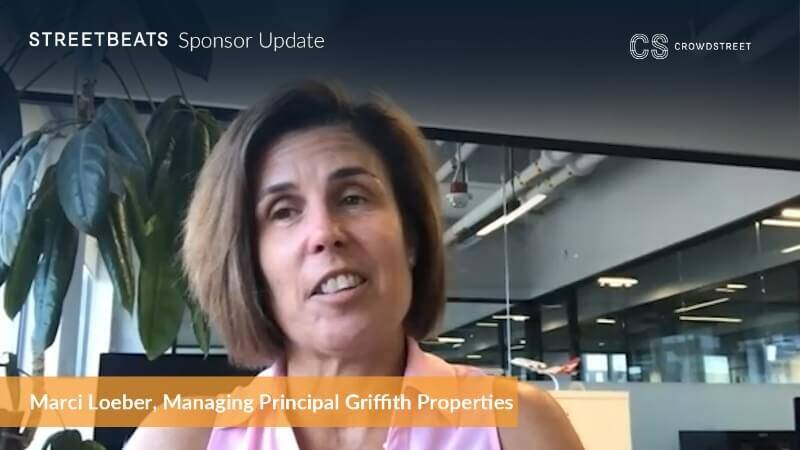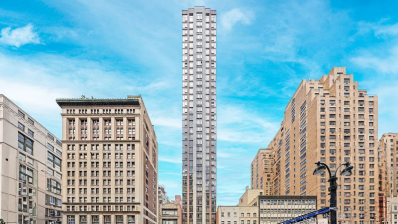
Crowd Street's Darren Powderly is joined by Marci Loeber, Managing Principal, Griffith Properties, to discuss what it's like to be a woman in the commercial real estate industry, the long-term value of life science properties, and opportunities in industrial.
